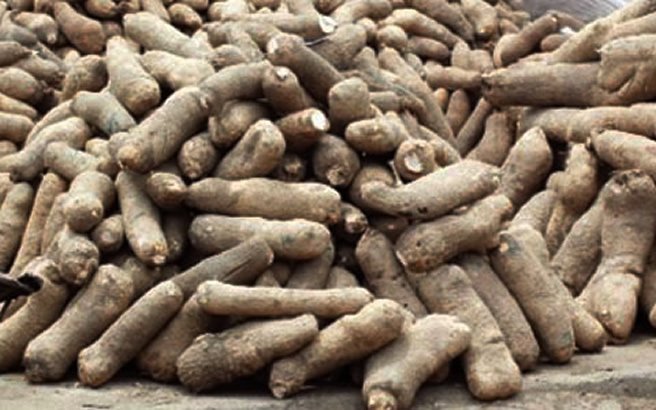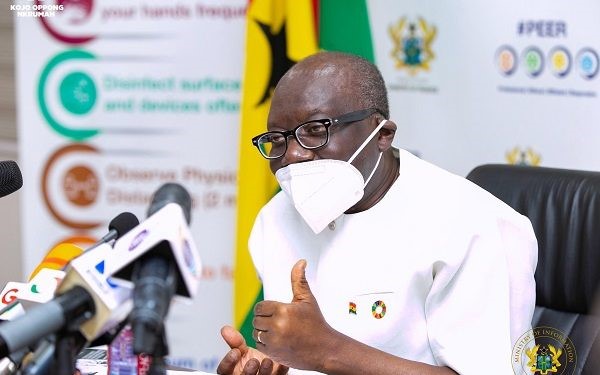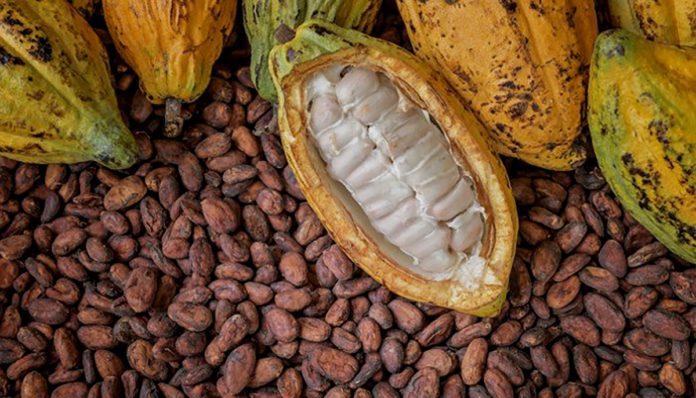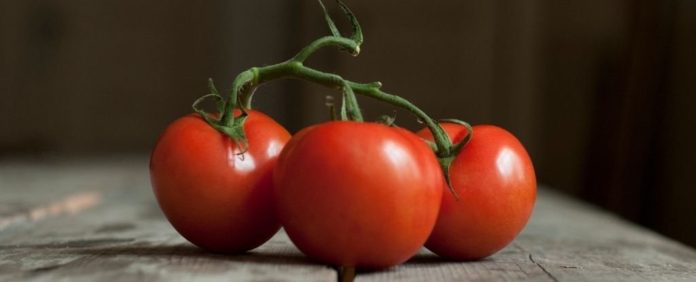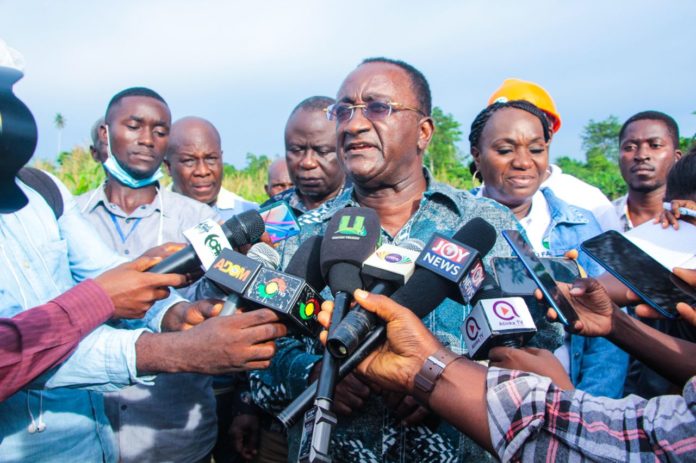Before we delve into the article, let me state that Prof. Nyarkotey has strict sourcing guidelines and relies on peer-reviewed studies, academic research institutions, and medical associations to justify his write-ups. My articles are for educational purposes and do not serve as medical advice for diagnosis or treatment. I aim to educate and empower the general public to take control of their health by providing trustworthy or evidence-based scientific Natural Health Information and advocating for your right to make informed health decisions.
Bread prices take a hit from the Russia-Ukraine war.
“At the beginning of the year, we bought a bag of flour for GH¢210 – but now we are buying it at GH¢440. A bag of sugar was also sold at GH¢170 but is now selling at GH¢400. A bucket of margarine which sold at GH¢150 now sells at GH¢250. A pack of yeast, which is one of the cheapest ingredients for making bread, now sells at GH¢17 compared to the GH¢7 at beginning of the year.
Ghana reaching the world’s largest exporter of yam – GEPA.
Exports of yam tubers reached a high record of US$48million last year, according to data from the Ghana Export Promotion Authority (GEPA) – making the country the world’s largest exporter of yam.
AfDB calls for strong investment in the youth at the 2022 Commonwealth Business Forum.
The 2022 Commonwealth Business Forum opened in Kigali, Rwanda, on Tuesday with a resounding call for action to do more to spur intra-Commonwealth trade, protect the environment and invest in young people for an equitable common future.
PFJ programme is failing to meet the target – the Chamber of Agribusiness.
The Chamber of Agribusiness says the improper implementation of the Planting for Food and Jobs (PFJ) programme has affected its ability to meet its expected goals.
Gov’t supports PFJ programme with additional GH¢278m – Ofori-Atta.
Minister for Finance, Ken Ofori-Atta has said the government has so far released GH¢278.57m this year under its flagship programme– Planting for Food and Jobs (PFJ)–and is working to avert the issue of shortage of fertilizers under the programme.
Belgium seizes 900 kilos of cocaine hidden in cocoa beans.
Belgian customs officers have seized 900kg of cocaine hidden in a shipment of cocoa beans from Colombia, their service said on Monday.
The haul, detected and confiscated last Thursday in the port of Antwerp, was estimated to be worth about 45 million euros ($47 million).
Antwerp is the main gateway for cocaine into the European market, a legacy of the facility’s historic trade with Latin America and its fruit production.
The drug, shipped in from Colombia, Brazil, Ecuador and Panama, is often concealed in consignments of bananas or pineapples, though the smugglers keep coming up with new methods to dodge port checks.
Belgium in 2021 seized a record total of 89.5 tons of cocaine in Antwerp, a jump of one-third over the amount found the previous year.
A customs spokesperson told AFP that, through the end of May, 24 tons have been seized so far this year, which on average would be a slightly lower amount than for the same time last year.
Afriyie Akoto is an abysmal failure – Henry Osei Akoto.
The National Democratic Congress 2020 parliamentary candidate for the Oforikrom Constituency in the Ashanti Region Henry Osei Akoto has described Ghana’s Agric Minister, Dr. Owusu Afriyie Akoto as an “abysmal failure’.
LIFESTYLE: 3 salad fruits and vegetables you should never store in the fridge.
SALAD vegetables can commonly be found in the fridge at home. However, there are some which should actually be stored in the cupboard or at room temperature. Have you been storing your salad vegetables wrong?
Akufo-Addo Govt’s support for farmers is unmatched — says Agric Minister.
The Akufo-Addo government’s support for farmers in the country is unmatched since the inception of the Fourth Republican Constitution, the Minister of Food and Agriculture has underscored.
According to Dr. Afriyie Owusu Akoto, this is evident in the many agricultural-friendly policies including the Planting for Food and Jobs (PFJ) and fertliser subsidy introduced by the Akufo-Addo administration to assist farmers to boost production.
The Minister made the statement while addressing farmers at Kwame Doudoo in the Eastern Region while embarking on a working tour.
“The government is doing everything possible to make farmers feel comfortable,” he said.
He also seized the chance to deny flatly the statement in certain quarters that there is food shortage in the country.
“There is no food shortage in the country following my visit to 5 regions. Rather prices of food have gone up and with even poultry feeds for farmers high in the market,” he clarified.
He reiterated that his Ministry is not a financial institution but a principal which guides farmers to ensure that they produce enough to feed the nation.
He was full of praise for Mohammed Ibrahim, a farmer at Kwame Doudoo who owns the largest palm farm in the region which also includes fish pond and a maize farm.
Earlier, the Minister visited Legacy Square, a company that produces chemicals for seedlings to grow well.
Welcoming the Minister, the Chief Executive Officer (CEO) of Legacy Square, Mr. Amos Azinu said his outfit has been in operation for about 7 years.
He indicated that hunger is deadlier than a pandemic, thus he called on farmers to collaborate with the MoFA to ensure a better Ghana.
Other places Dr. Akoto and his team visited were Pinora, a suburb of Asamankesse, where farmers produce all kinds of juices, and Sahmen Farms, in Asamankesse
He rounded up his tour in the region with a visit to Kodua close to Asamankes



